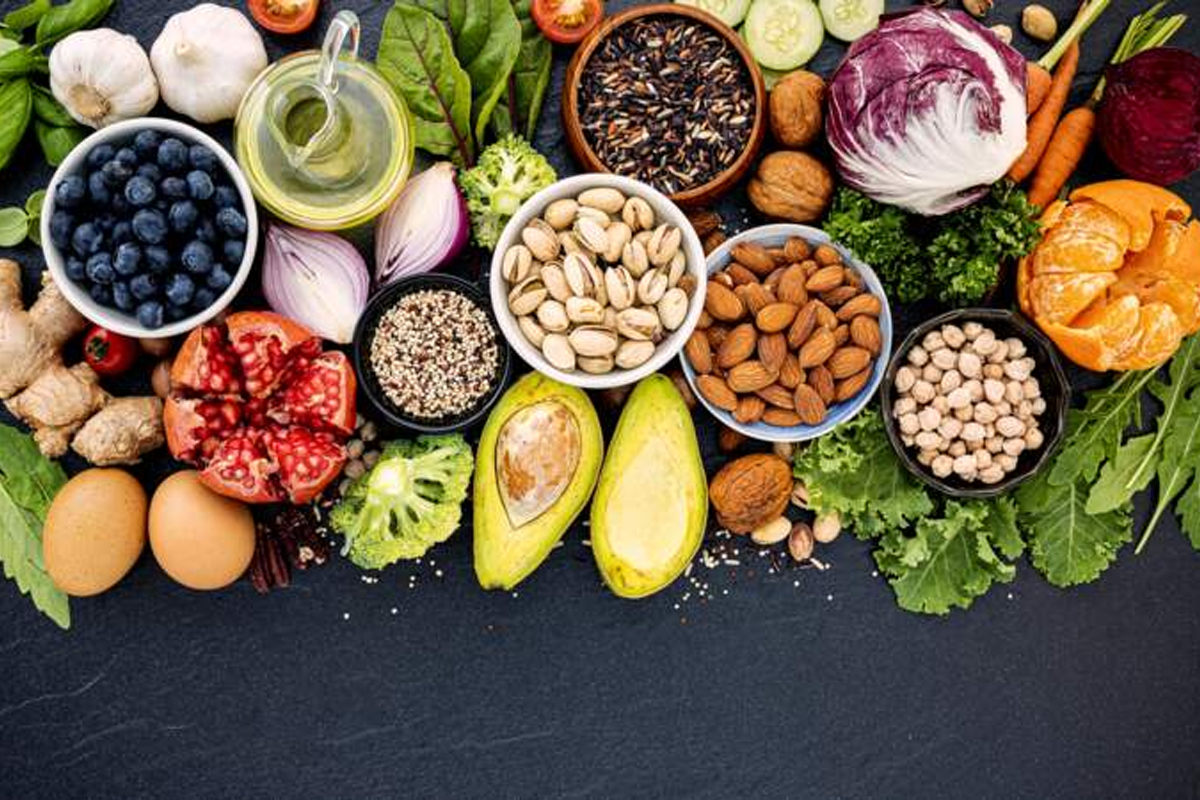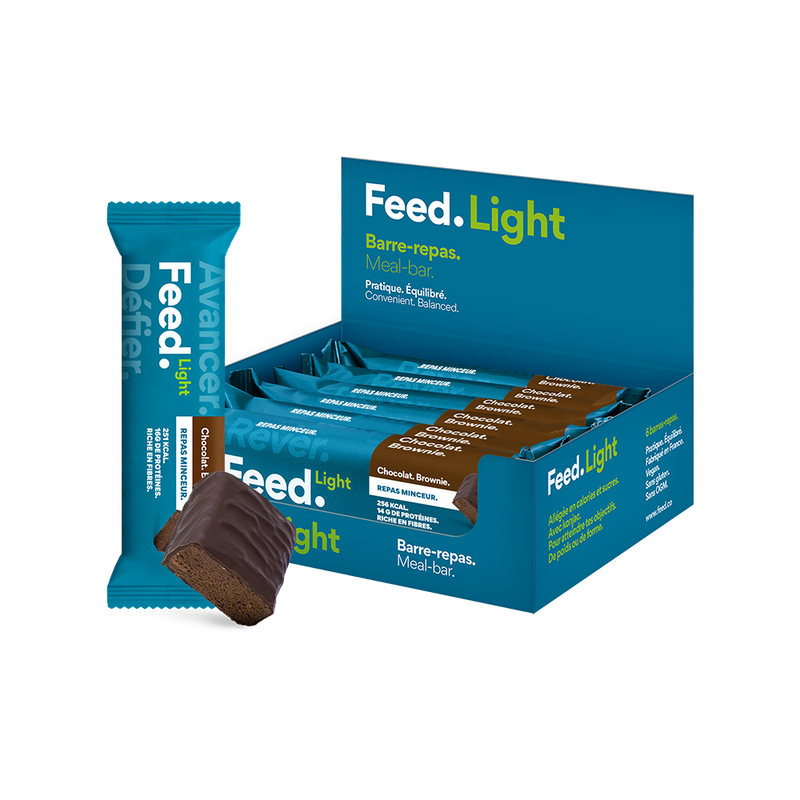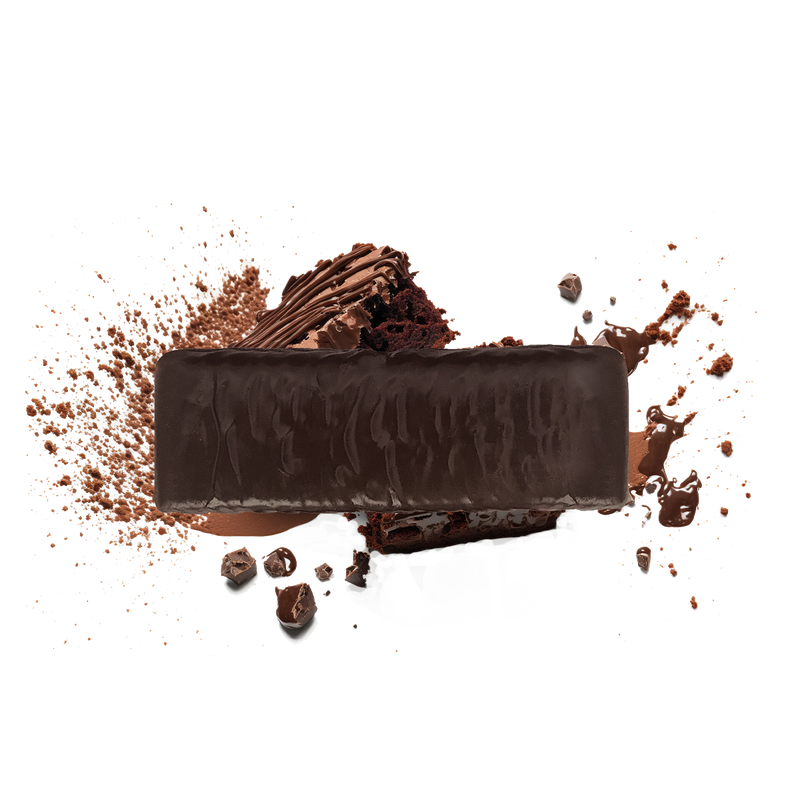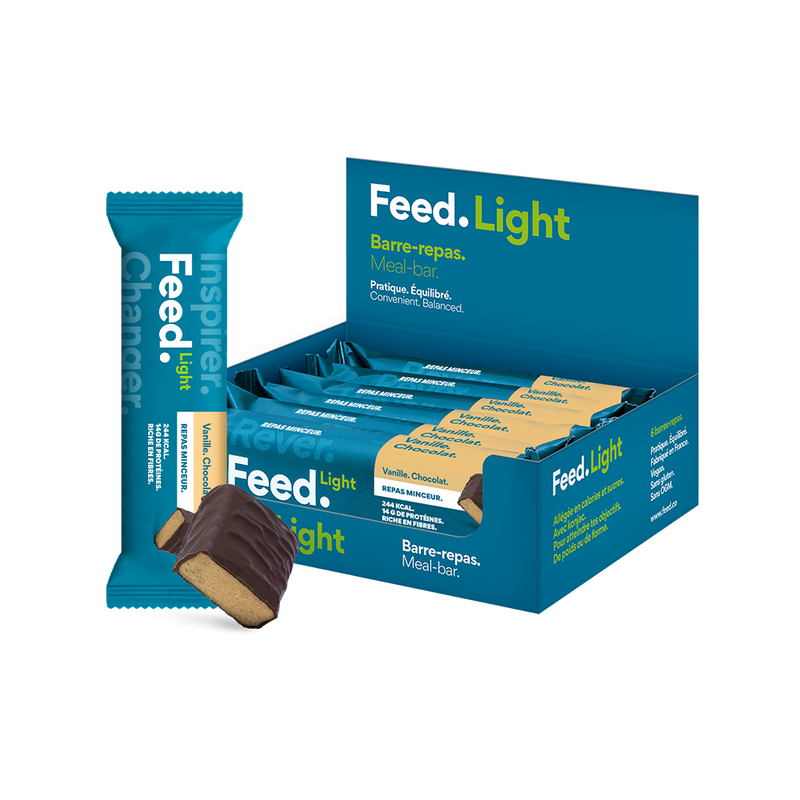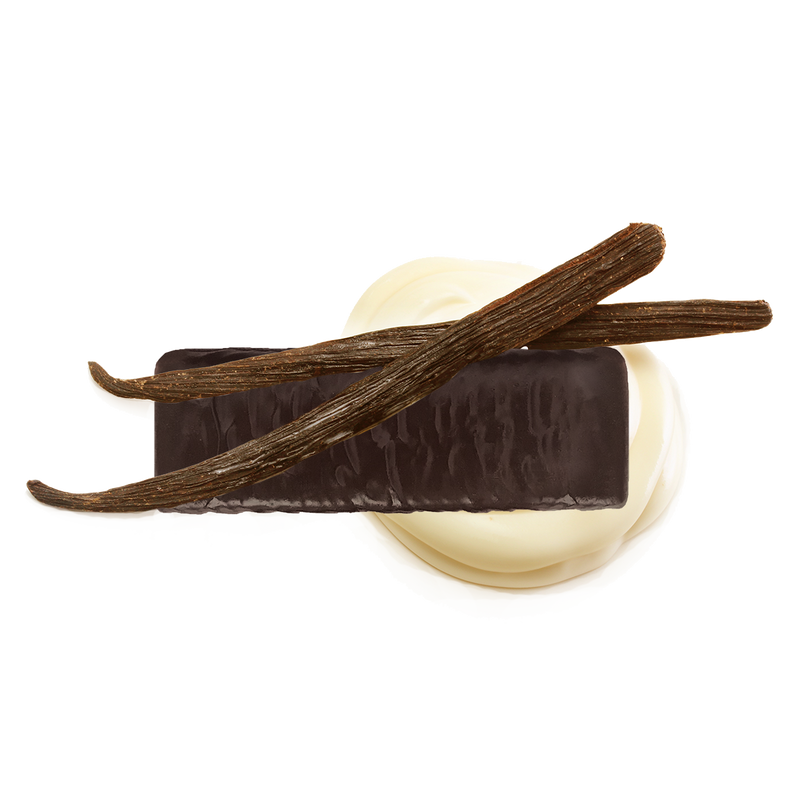You want to lose weight and you have surely heard of the low carb diet. It is a diet that advocates a diet low in carbohydrates. But what is this low-carbohydrate diet, also called low-carb diet? How is it composed and what are its benefits? What are carbohydrates? Find out everything you need to know about the low-carb diet.
What are carbohydrates?
Carbohydrates, also called carbohydrates, are one of the main classes of nutrients found in foods. Carbohydrates are made up of sugar molecules, which are then broken down and used by the body for energy.
There are two main types of carbohydrates:
- Simple carbohydrates: These are carbohydrates composed of simple sugars, such as glucose, fructose and sucrose (table sugar). They are quickly digested and absorbed by the body, leading to a rapid rise in blood sugar levels. Foods high in simple carbohydrates include candy, soda, fruit juice, and baked goods.
- Complex carbohydrates: These are carbohydrates composed of long chains of sugar molecules, such as starch and cellulose. They take longer to digest and provide a slower, longer-lasting release of energy. Foods high in complex carbohydrates include whole grains, legumes, vegetables, pasta and rice.
Carbohydrates play an essential role in our diet, but it is important to make wise food choices by favoring complex carbohydrates and limiting the consumption of simple carbohydrates, especially when combined with added sugars.
What is the low carb diet?
Behind the Anglo-Saxon name "Low Carb" hides a diet based on low carbohydrate consumption. Generally speaking, the principle is to limit the intake of sugar and foods rich in carbohydrates, to focus more on products rich in proteins and fats. It is a popular solution for people looking to lose weight, without sacrificing the pleasure of eating.
The principles of the low carb diet
The basic principle of the low carb diet is to reduce carbohydrate intake. With this type of diet, carbohydrates should not represent more than 25% of total daily energy. You replace carbohydrate intake with protein and fat intake by turning to foods rich in protein and good fats, which become your main source of energy and which provide a quick and lasting feeling of satiety.
What foods should you choose on a low carb diet?
During this diet you must eliminate foods containing sugar or a lot of carbohydrates such as industrial products and sugary products (spreads, cakes, sweets), starchy foods (pasta, potatoes, rice), sugary drinks (soda, Juice). But that doesn't mean depriving yourself of everything. On the contrary, you have plenty of low-carb foods at your disposal:
- Vegetables low in carbohydrates, such as spinach, broccoli or Brussels sprouts,
- Fruits low in sugar, such as berries or avocados,
- Proteins, lean meat, fish and eggs. A diet rich in protein helps maintain muscle mass, good health and provides a lasting feeling of satiety.
- Healthy fats, from foods such as nuts, olive oil or salmon, are essential for good overall health.
- Dairy products that are low in carbohydrates and high in fat, such as butter and cheese.
We have meals and slimming treatments specially developed for weight loss. A meal is rich in protein, fiber, and low in sugars for an intake of 250kcal. It is your slimming ally all year round.
What are the health benefits of the low carb diet?
Weightloss
The main advantage of the low carb diet is undoubtedly weight loss and fat loss. Indeed, by reducing your carbohydrate consumption, your body is forced to draw on its fat reserves to produce energy, which will therefore help trigger weight loss.
Better health
This low-energy diet also has beneficial effects on health. It helps regulate blood sugar levels, improve lipid profile and reduce blood pressure, which reduces the risk of cardiovascular disease and type 2 diabetes.
Are there any precautions to take before starting a low carb diet?
Before embarking on a low carb diet or any other type of weight loss diet, it is important to take certain precautions. This type of slimming diet may not be suitable for everyone, such as pregnant women. It is therefore essential to consult a nutrition and health professional before starting. He will be able to guide you and help you adapt your diet to your specific needs and your weight loss objective.
The different types of low carb diets to lose weight
There are several types of low carb diets and the choice depends on several factors, including your health, your weight loss goal and your lifestyle. Here are a few.
- The Atkins diet: This is undoubtedly the best-known low-carb diet. Created in the 70s by Dr. Atkins, this diet consists of four phases. The first phase is the strictest with carbohydrate consumption reduced to less than 20 grams per day. Starchy foods, potatoes, bread and the consumption of foods rich in carbohydrates are completely excluded in this phase. In the following phases, carbohydrates are gradually reintroduced until the perfect balance is found.
- The ketogenic or “keto” diet: This diet goes even further in restricting carbohydrates. Here, the carbohydrate content should not exceed 10% of your daily calorie intake. The keto diet aims to put the body into a state of ketosis, where it uses fat as its primary source of energy instead of carbohydrates.
- The low-glycemic index low-carb diet: This diet focuses not only on the quantity of carbohydrates consumed per day, but also on their quality. It favors carbohydrates with a low glycemic index, which have less impact on blood sugar levels.
It is crucial to remember that each person is unique and has their own metabolism. When it comes to weight loss, what works for some people won't necessarily work for others. It is best to consult a healthcare professional before starting a low carb diet.
How to plan your meals during a low carb diet?
Planning your meals is a key aspect of a successful low carb diet. Here are some tips to help you:
- Make a shopping list: Before going to the supermarket, make a list of low-carb and low-sugar foods that you like and that fit into your diet. This list may include vegetables, low-sugar fruits, lean proteins, nuts and seeds, and healthy fats like olive oil.
- Prepare meals in advance: Preparing meals can make it much easier to follow your weight loss diet. Plan your meals for the week, choose your recipes based on the ingredients you have and then store them in the refrigerator. This can help you resist the temptation to eat foods high in carbohydrates. There are many low carb low carb recipes available on the internet today.
- Stay hydrated: Water is vital to our health and this becomes even more important when you are following a low carb diet. Make sure you drink enough water throughout the day.
- Eat enough fiber: Although low-carb diets limit the consumption of certain fiber-rich foods, it is important to make sure you get enough fiber from allowed foods, such as low-carb fruits and vegetables.
In summary.
The low carb diet is a diet with low energy intake and low carbohydrates. It helps you lose weight and improve your health. However, like any weight loss diet, it requires a certain discipline and your diet must be adapted to your body, needs and lifestyle. Whether you choose the Atkins diet, the ketogenic diet or another type of low carb diet, you must not forget that a balanced diet, a deficit in the number of calories and regular exercise are the bases for losing weight and losing weight. Some diets are more suitable for certain people than others, which is why it is important to consult a nutrition and health professional before starting. He will be able to adapt your food program according to your needs and objectives.
